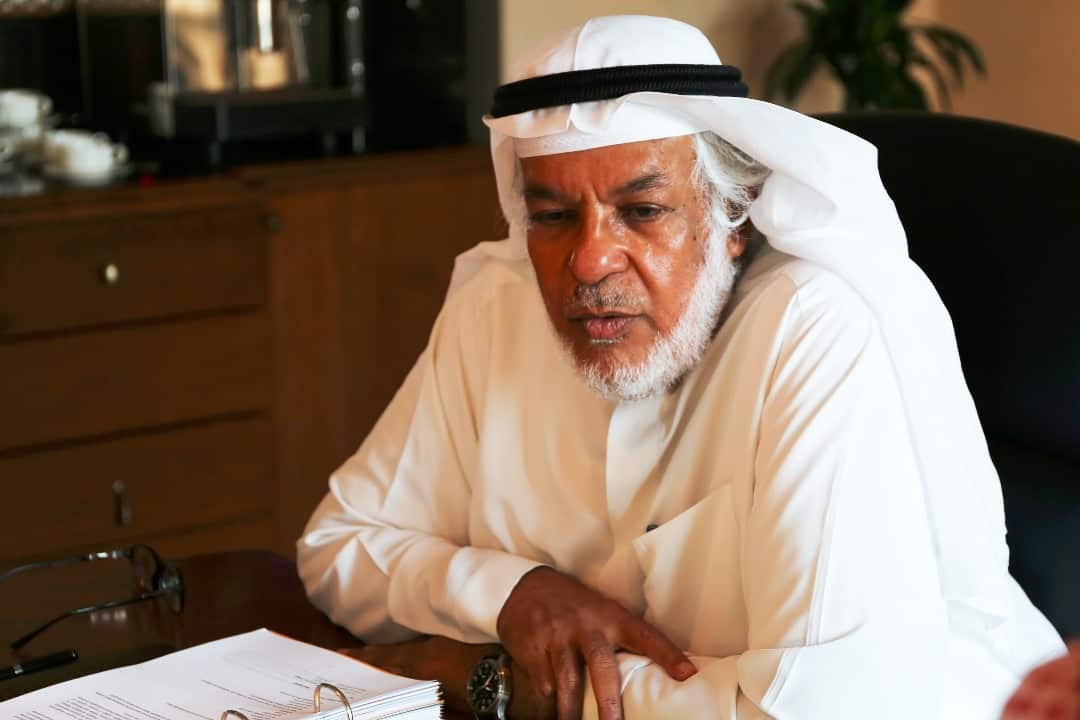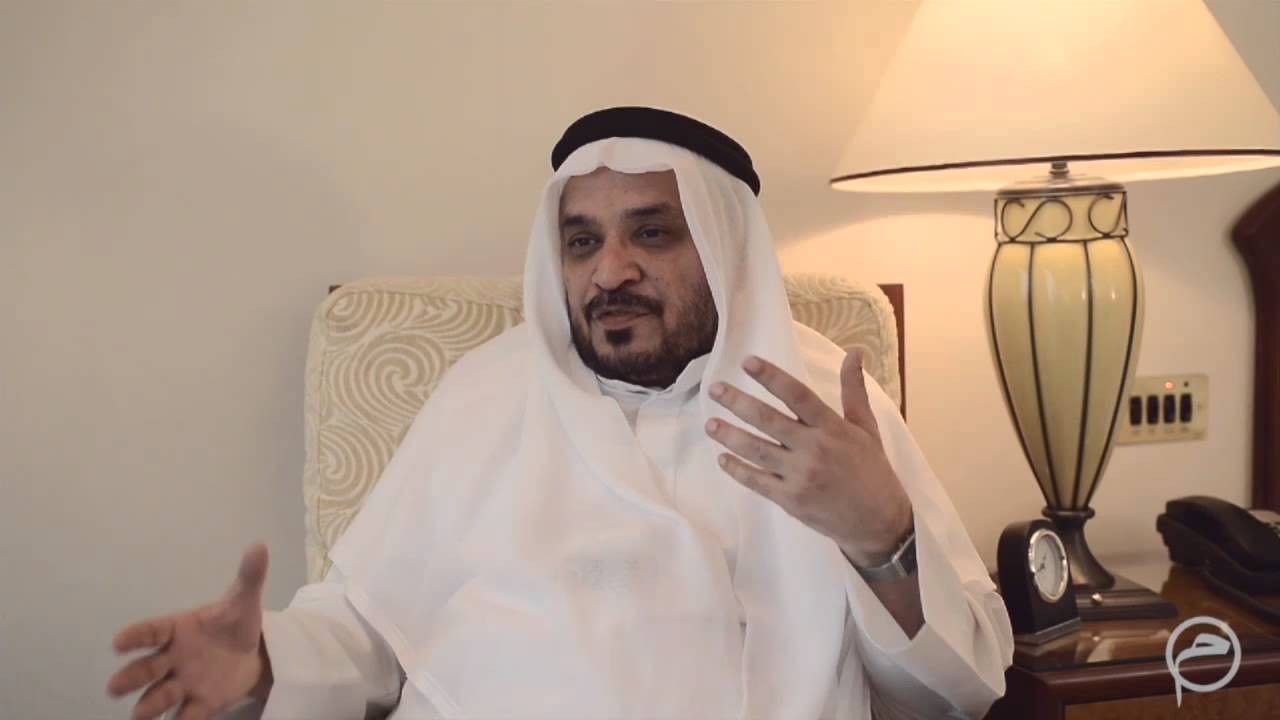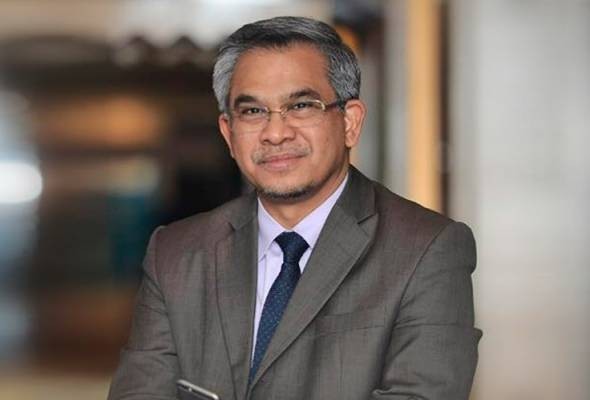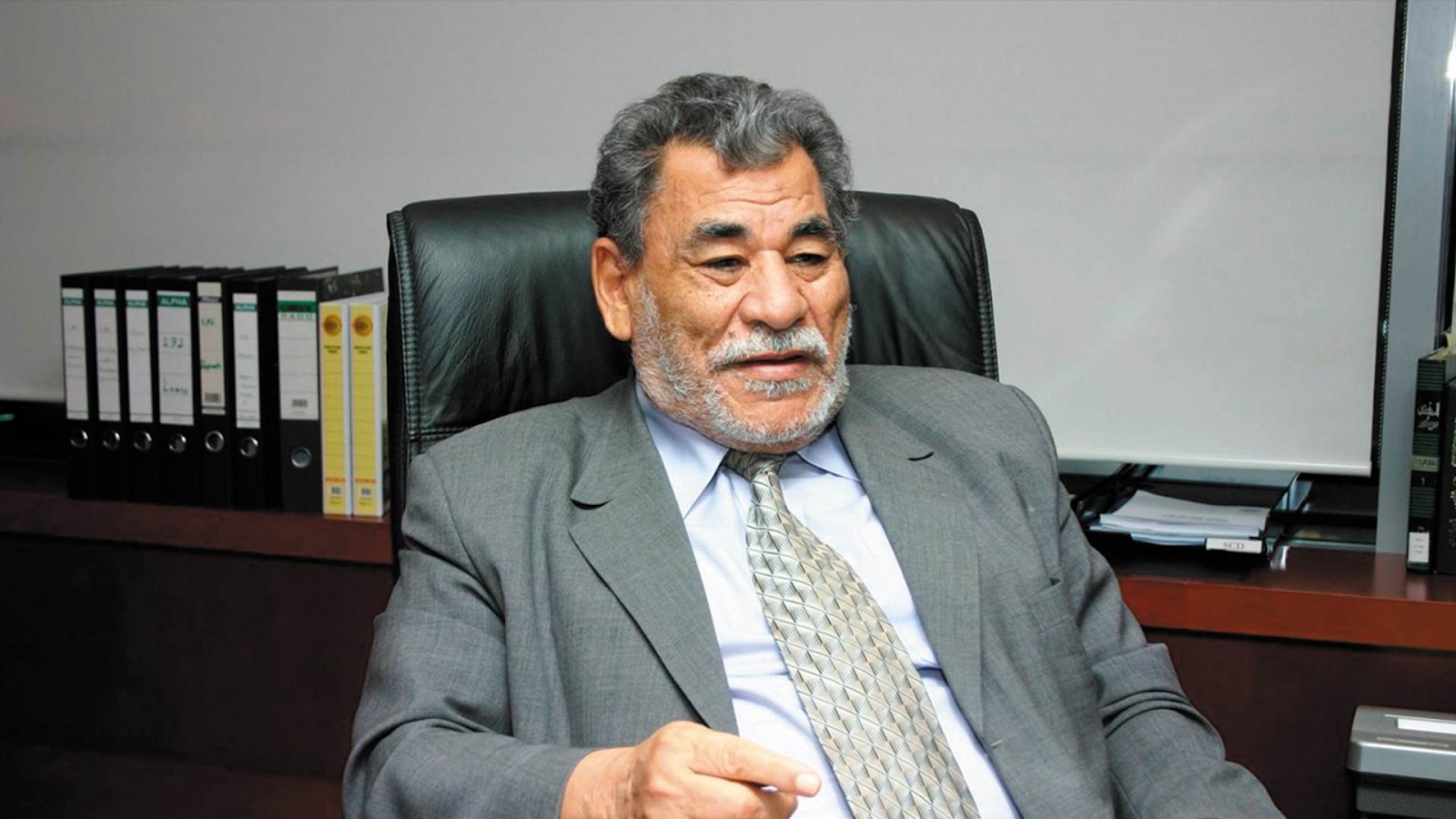Who Are The Leading Islamic Finance Scholars Today?



Editorial Note: While we adhere to strict Editorial Integrity, this post may contain references to products from our partners. Here's an explanation for How We Make Money. None of the data and information on this webpage constitutes investment advice according to our Disclaimer.
Top Islamic scholars are:
Sheikh Dr. Mohamed Ali Elgari – renowned Saudi scholar and former professor of Islamic Economics at King Abdulaziz University.
Sheikh Nizam Yaquby – prominent Bahraini Shariah advisor known as the “gatekeeper” of Islamic finance.
Mufti Taqi Usmani – leading Pakistani jurist and author of key modern Islamic finance frameworks.
Sheikh Dr. Daud Bakar – scholar and chairman of Amanie Group, expert in Shariah compliance.
Dr. Hussain Hamed Hassan – influential Egyptian scholar who shaped many Islamic banking standards globally.
Scholars are instrumental in advancing ethical investing within the framework of Shariah law. Through their deep understanding, they help ensure that financial offerings remain aligned with key Islamic investing tenets, including the bans on riba, maysir, and gharar. From Islamic banking and sukuk to equity markets, their direction supports both compliance and ethical commitment. In this guide, we talk about the top Islamic finance scholars, so you can understand whom to follow and why.
Risk warning: All investments carry risk, including potential capital loss. Economic fluctuations and market changes affect returns, and 40-50% of investors underperform benchmarks. Diversification helps but does not eliminate risks. Invest wisely and consult professional financial advisors.
What do Islamic finance scholars do?
Islamic finance scholars play a much deeper role than just giving fatwas on banking products.
They decode complex contracts. Scholars often break down modern finance instruments like bonds, stocks and shares, or even crypto tokens to see if they comply with Shariah principles.
They negotiate with product designers. Scholars don’t just approve or reject, they often sit with banks and fintech teams to modify products and remove non-compliant elements.
They supervise Shariah audits. Beyond initial approvals, they also review how a product performs over time to make sure it doesn’t drift from Islamic principles.
They set local market standards. In many countries, national scholars quietly influence how Islamic finance evolves by drafting guidelines or advising regulators.
They study real-world loopholes. Scholars identify where Shariah-compliant products are technically correct but ethically questionable, and push for reforms.
They shape investor sentiment. A single opinion by a respected scholar can move billions in Islamic investment funds, especially in the GCC and Southeast Asia.
Top 5 most influential Islamic finance scholars in 2025
1. Sheikh Dr. Mohamed Ali Elgari
Dr. Elgari is widely acknowledged in Islamic economics for shaping the framework of Shariah-compliant financial tools. Over the years, he has guided numerous international financial institutions as a Shariah advisor and has played a key part in designing some of the earliest innovative products in Islamic banking.

2. Sheikh Nizam Yaquby
Sheikh Yaquby, often called the "Gatekeeper of Islamic Finance," has issued more than 500 fatwas on financial products aligned with Islamic values. His reach spans key financial centers such as the Middle East and Southeast Asia. He is especially known for his focus on promoting ethical standards and transparency in Islamic investments.

3. Mufti Taqi Usmani
Mufti Usmani stands out as a trailblazer in Islamic finance and is known for writing several cornerstone texts on the subject. Through his leadership role in AAOIFI (Accounting and Auditing Organization for Islamic Financial Institutions), he helped set the global benchmarks that many modern Islamic banks follow today.

4. Sheikh Dr. Daud Bakar
As the founder of Amanie Advisors, Dr. Bakar brings a contemporary vision to Islamic finance. He has been key in blending Shariah principles with modern financial tools, and his efforts include pioneering work in Shariah-compliant ETFs and fintech-related innovations.

5. Dr. Hussain Hamed Hassan
Dr. Hassan is a prominent authority in Islamic legal scholarship and has served on several international Shariah boards. His in-depth knowledge has helped align traditional Islamic finance with the evolving demands of global markets, especially when it comes to structuring sukuk instruments.

How do their rulings impact Muslim investors?
The role of Islamic finance scholars goes far beyond religious theory, their fatwas directly shape investment behavior, fund flows, and product design in global markets.
Fatwas guide what’s investable. Scholars issue rulings that determine whether specific sectors or instruments are halal, directly shaping which stocks Muslim investors can touch.
They influence entire indices. Major Islamic indices like the S&P 500 Sharia (SPUS) apply screening standards based on leading scholars' interpretations, affecting trillions in AUM.
Fatwa changes can cause mass rebalancing. A re-interpretation of what qualifies as “excessive debt” led to dozens of companies being dropped from Shariah-compliant funds in 2022, forcing fund managers to exit quickly.
Product innovation depends on scholarly approval. The rise of Islamic ETFs, commodity-based murabaha, and Shariah-compliant REITs all came only after detailed fatwa reviews from scholar boards.
Regional fatwa differences cause portfolio divergence. What a Malaysian scholar board approves (e.g., cash waqf funds) may be rejected in Saudi Arabia, meaning global Muslim investors don’t always follow a single rulebook.
Case study: AAOIFI vs local rulings. In 2021, Bahraini banks aligned with AAOIFI guidelines refused to label a synthetic derivative product as Shariah-compliant, despite local scholars approving it in Dubai. This led to the fund being restructured, showing how global fatwa differences can force major portfolio adjustments and even legal redesigns of financial products.
If you’re interested in investing but don’t want to compromise on your religious beliefs, we suggest you use a broker that offers Islamic accounts. We have presented some of the notable options in the table below. You may compare them and choose the right one for yourself:
| Swap Free | Crypto | Stocks | Currency pairs | Min. deposit, $ | Regulation | TU overall score | Open an account | |
|---|---|---|---|---|---|---|---|---|
| Yes | Yes | Yes | 68 | No | FSC (BVI), ASIC, IIROC, FCA, CFTC, NFA | 6.79 | Open an account Your capital is at risk. |
|
| Yes | No | Yes | 50 | 200 | No | 1.95 | Study review | |
| Yes | Yes | Yes | 90 | No | ASIC, FCA, DFSA, BaFin, CMA, SCB, CySec | 7.17 | Open an account Your capital is at risk.
|
|
| Yes | Yes | Yes | 80 | 100 | CIMA, FCA, FSA (Japan), NFA, IIROC, ASIC, CFTC | 6.95 | Study review | |
| Yes | Yes | Yes | 60 | 100 | FCA, CySEC, MAS, ASIC, FMA, FSA (Seychelles) | 6.83 | Open an account Your capital is at risk. |
Controversies and debates among scholars
Islamic finance is not without its internal debates, particularly around modern financial innovations:
Cryptocurrencies. Scholars remain divided on the permissibility of crypto investments. Some classify them as speculative assets falling under maysir, while others recognize certain digital assets as permissible under strict guidelines.
Financial derivatives. Many derivatives, e.g. CFDs, are considered non-compliant due to the high levels of gharar (uncertainty) and speculative nature.
Gharar in modern markets. The debate continues on whether complex financial contracts like futures and options can be adapted to meet Shariah standards.
Islamic finance scholars shape halal investing and rare Shariah opportunities
Most people assume Islamic finance scholars just approve or reject financial products. But many of them are actually involved in crafting entirely new kinds of Shariah-compliant tools. Think less about old-school rulings and more about how they’re helping design financial solutions for problems like crypto compliance or liquidity in modern markets. Some scholars even collaborate with tech experts to ensure complex contracts still stick to Islamic principles, all while making sure everyday investors don’t get left behind.
Here’s something few people realize: scholars don’t always see eye to eye. That’s not a problem, it’s a chance for strategy. Depending on which scholar is involved, a fund might be more open to innovation or stick closely to conservative rules. If you know the scholar’s background and approach, you can get a better sense of how that investment might evolve. It's not just about trusting the fatwa, it’s about understanding how that scholar thinks and how far they’re willing to go while staying within the ethical lines.
Conclusion
Islamic finance scholars play a key role in shaping the ethical foundation of financial markets for Muslim investors. Their rulings ensure that investment products align with the timeless principles of Shariah law, protecting investors from unethical practices and financial harm. If you aim to build a portfolio that is both profitable and compliant with your faith, always rely on the guidance of these respected scholars.
FAQs
How can I find a certified Shariah-compliant investment?
Look for products certified by recognized Shariah boards such as AAOIFI or IFSB. These certifications guarantee compliance with Islamic financial principles.
Do all Islamic finance scholars agree on crypto investing?
No, opinions vary widely. Some scholars consider cryptocurrencies permissible with restrictions, while others classify them as speculative assets that violate Shariah principles.
Can I invest in stock markets following Islamic principles?
Yes, you can invest in stock markets by using Islamic indices and excluding companies involved in haram industries such as alcohol, gambling, and conventional banking.
What is the difference between a fatwa and a Shariah certification?
A fatwa is a religious ruling or opinion issued by a scholar, often addressing new financial issues. A Shariah certification is a formal approval process confirming a financial product complies with Islamic law.
Related Articles
Team that worked on the article
Alamin Morshed is a contributor at Traders Union. He specializes in writing articles for businesses that want to improve their Google search rankings to compete with their competition. With expertise in search engine optimization (SEO) and content marketing, he ensures his work is both informative and impactful.
Chinmay Soni is a financial analyst with more than 5 years of experience in working with stocks, Forex, derivatives, and other assets. As a founder of a boutique research firm and an active researcher, he covers various industries and fields, providing insights backed by statistical data. He is also an educator in the field of finance and technology.
As an author for Traders Union, he contributes his deep analytical insights on various topics, taking into account various aspects.
Mirjan Hipolito is a journalist and news editor at Traders Union. She is an expert crypto writer with five years of experience in the financial markets. Her specialties are daily market news, price predictions, and Initial Coin Offerings (ICO).
Index in trading is the measure of the performance of a group of stocks, which can include the assets and securities in it.
Cryptocurrency is a type of digital or virtual currency that relies on cryptography for security. Unlike traditional currencies issued by governments (fiat currencies), cryptocurrencies operate on decentralized networks, typically based on blockchain technology.
CFD is a contract between an investor/trader and seller that demonstrates that the trader will need to pay the price difference between the current value of the asset and its value at the time of contract to the seller.
An investor is an individual, who invests money in an asset with the expectation that its value would appreciate in the future. The asset can be anything, including a bond, debenture, mutual fund, equity, gold, silver, exchange-traded funds (ETFs), and real-estate property.






























































































































